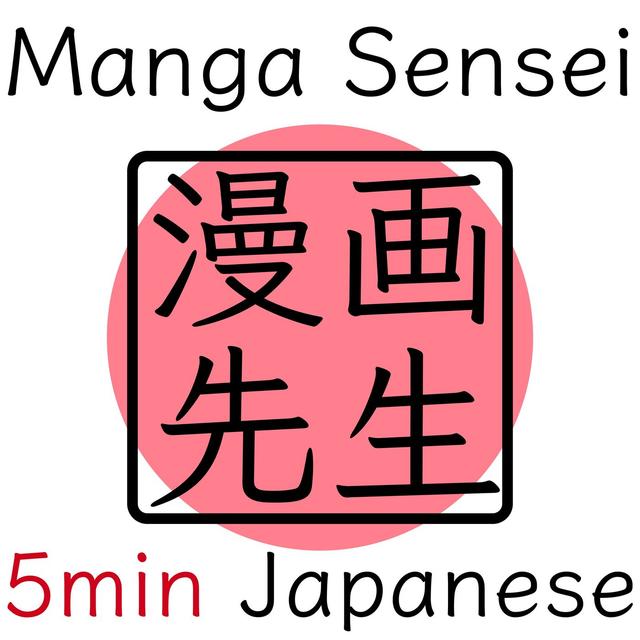¶ Hoh and Yori - Usage Context
podcast. Today we are talking a little bit more about Ho. Ho ga ii in fact. So let's first talk about this sentence and talk about what we've been doing with Ho and Yori these past couple of days. Recently we've been talking about yori being the contrastive particle. It indicates that A is being compared to B or similarly that A is this topic and B, Yori is less than or more than or is being compared against the first thing.
Now, we've seen the sentence also, we have NOHOGA, which are actually saying something is more than what is marked with YORI. EI NOHOGA, B, YORI, and then enter adjective here. Now we can say... a lot of things with nohoga and we can say a lot of things with yori and it's really yori on its own
¶ Hoh Gah Ih - Better If You
However, there is a phrase that is often used in Japanese. In fact, I think it may be used more often than yori and hoga together and used by itself. That is hoga-i. Now, ho is usually indicating a way, a methodology. But in today's contract, we're going to be identifying the topic of whatever we're talking about. And then whole, ga, that's the thing we're going to be talking about. And then ee, ee is in terms of the adjective meaning good, okay?
So I put this in my head as I do not like direct translations as better. However, in colloquial Japanese, what it translates to is, had better do. So, if I say something along the lines of, You better study Japanese every day. It would be something along the lines of毎日, everyday. I'm going to put a space there. 日本語を勉強する方がいいです。 毎日 日本語 日本語 勉強する勉強する ほうがいい So we're going to have Hogan Yi now. Um,
The one thing to keep in mind about hōgai is it's almost always used with past tense. So we're going to conjugate with ta. So we're going to go back that same sentence again. Now we know how to use it. You should. Now, okay, before I do that, let's explain my translation. So you should study Japanese every day. You should.
However, the words that we're using it'd be better if you study every day and be good I cannot tell you in Japanese to do something per se That's your actions, but I can say it's better if you It's better if you study every day. You should study every day. If you do study every day, that's a good thing, okay? So now we're going to go back to the same sentence. We're going to say it grammatically correct. Now we have the correct verb in there.
So we're going to be, 毎日日本語を勉強する。 Based on our past tense becomes 勉強したほうがいい。 Now because いい is in the present form, it is not... being put in past form like 勉強した is The sentence is still present, but we're simply using ta to conjugate, to connect it to hogai, because that's how these two puzzle pieces connect together. Okay? So if I use another sentence, if I say you should eat vegetables, your mother tells you you should eat vegetables, right? I could say, 野菜を食べた方がいいですよ。
You should eat your vegetables. You better eat your vegetables. It would be better if you ate your vegetables, right? Should I head home now? Would it be better if I head home now? もう帰る should i head home you know if it's getting late and you don't impose upon someone I write these sentences down and then I think, oh, that's really good. Actually, that's really bad. Okay. Now, what happens when we put this in past tense? You can take this... How should I say this?
¶ Negative Form - You Should Not
You can do Nomonakata. It is not grammatical. However, past tense with hōgai for some reason is often when put in the negative. The negative form like you should not do something is often so you just put negative form. So if it's late and you're about to have another cup of coffee, I can say コヒョウ飲まないほがいいですよ。 You can say, of course, not grammatically incorrect, but it's not colloquial of how Japanese people actually speak.
So it's kind of an interesting nuance that you wouldn't find in your Japanese class. So I hope that has been helpful to you today. Remember, it takes 10,000 mistakes to become fluent in Japanese. So let's make some mistakes. Until next time.
